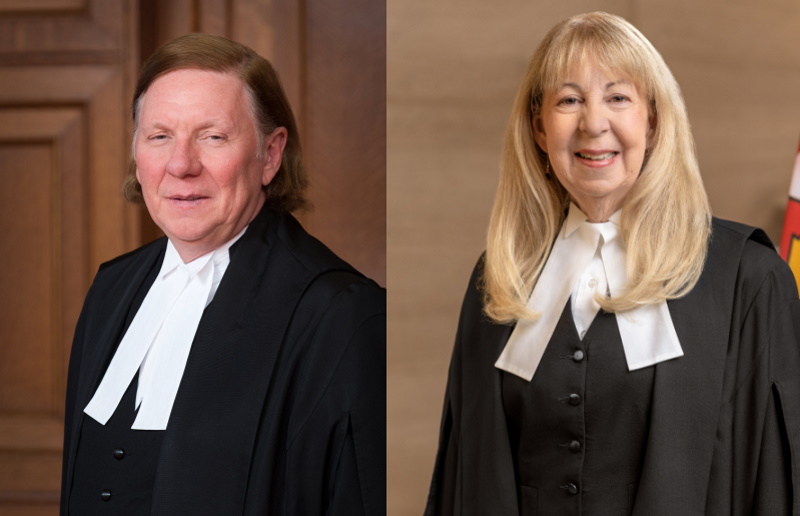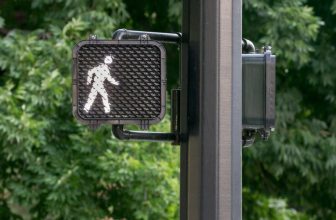
On Nov. 14, 2025, the top court issued extensive and detailed guidance for the bench and bar and settled conflicting caselaw among the provincial appellate courts, which have been divided over how to interpret the evidentiary requirements for impaired driving prosecutions under Criminal Code amendments that Parliament enacted in 2018: R.v. Rousselle, 2025 SCC35; R.v. Larocque, 2025 SCC 36.
The Supreme Court’s majority dismissed separate conviction appeals from two New Brunswick drivers who were found guilty of “80 and over” offences, i.e. of having had a blood alcohol concentration (BAC) equal to or exceeding 80 mg. of alcohol in 100 mL of blood within two hours of ceasing to operate a motor vehicle, contrary to s.320.14(1)(b) of the Criminal Code.
…
A leading defence counsel in impaired driving cases, Kyla Lee of Vancouver’s Acumen Law Corporation, called it “a dark day.”
“I had definitely hoped this decision would go a different way,” she remarked. “It seems to me to be consistent, though, with the pattern of limiting the available defences for people charged with impaired driving. Even that was reflected in the arguments of the Crown, where they suggested that one of the reasons why they don’t want to adduce the certificate of analyst in evidence is because then the accused and their counsel come up with all sorts of really technical arguments.”
Lee said the court’s statutory interpretation will change the common law mostly in Alberta and Quebec. British Columbia was undecided about the Goldson approach, “but it was our Court of Appeal who wrote the MacDonald case in Yukon, so one would anticipate B.C. would end up going the same way if the issue ever made it there,” she said. “Ultimately, what this means for clients is there’s one less avenue of challenge to the introduction of the breath test results in evidence and the application of the presumptions.”
Lee said the new law “is pretty clear as a result of this Supreme Court of Canada decision. The court sets out quite explicitly the avenues an accused person would have to challenge the information in the certificates, the obligation on the Crown to disclose, as well as when an accused person can apply to cross-examine an analyst. To the extent that those procedures are clarified by the court, it actually goes further than the other cases have gone in terms of giving guidance to counsel.”
She suggested the main takeaway for defence counsel “is to make sure to look at your certificate evidence very closely. In particular, look at your certificate of analyst to identify any irregularities and to bring an application to cross-examine either the qualified technician or the analyst, or both, as the case may be.”
It’s also important, she advised, “to identify when you are entitled to cross-examine either party if you’re not given notice of intention to produce the certificate of analyst. You have no legal right to cross-examine the analyst, and so your only recourse is an application to cross-examine the qualified technician.”
Another takeaway “is to make sure that the certificate covers off all of the necessary information to give you a meaningful opportunity to make a determination about whether to cross-examine the technician or the analyst,” Lee said.






